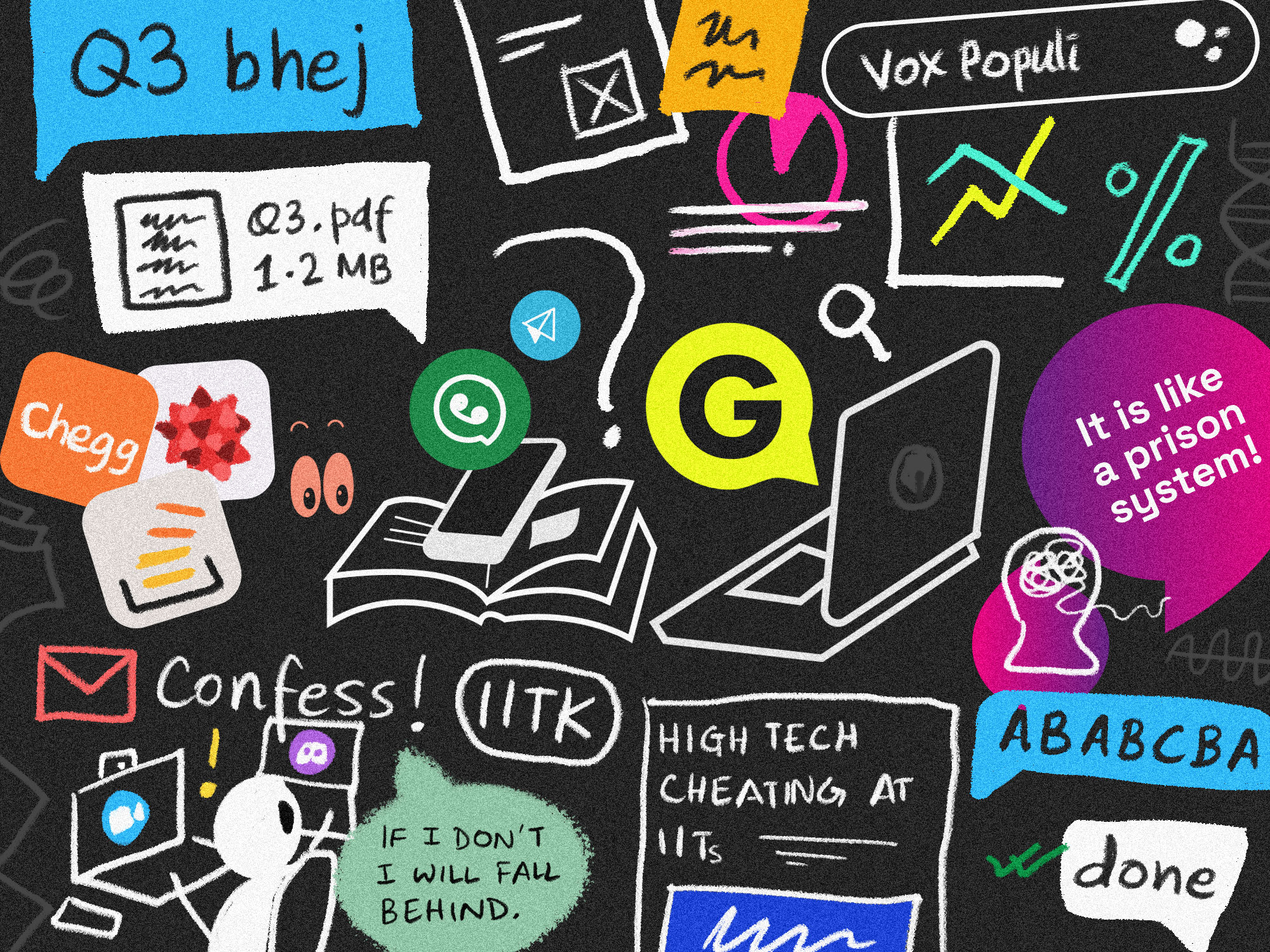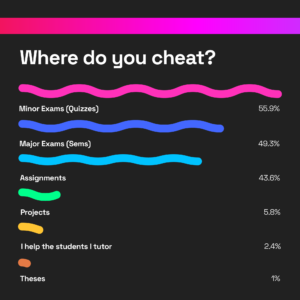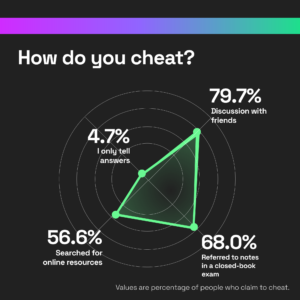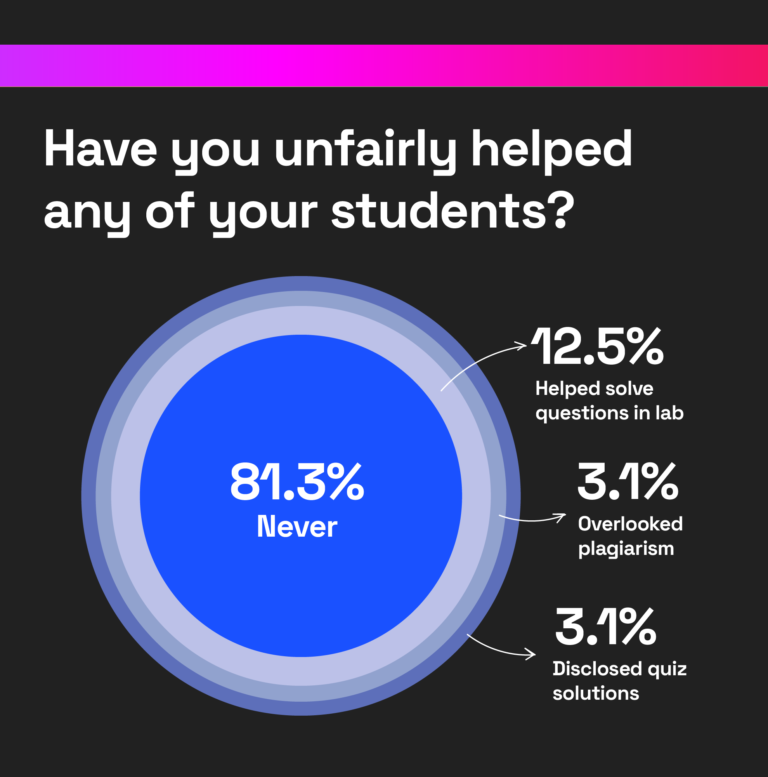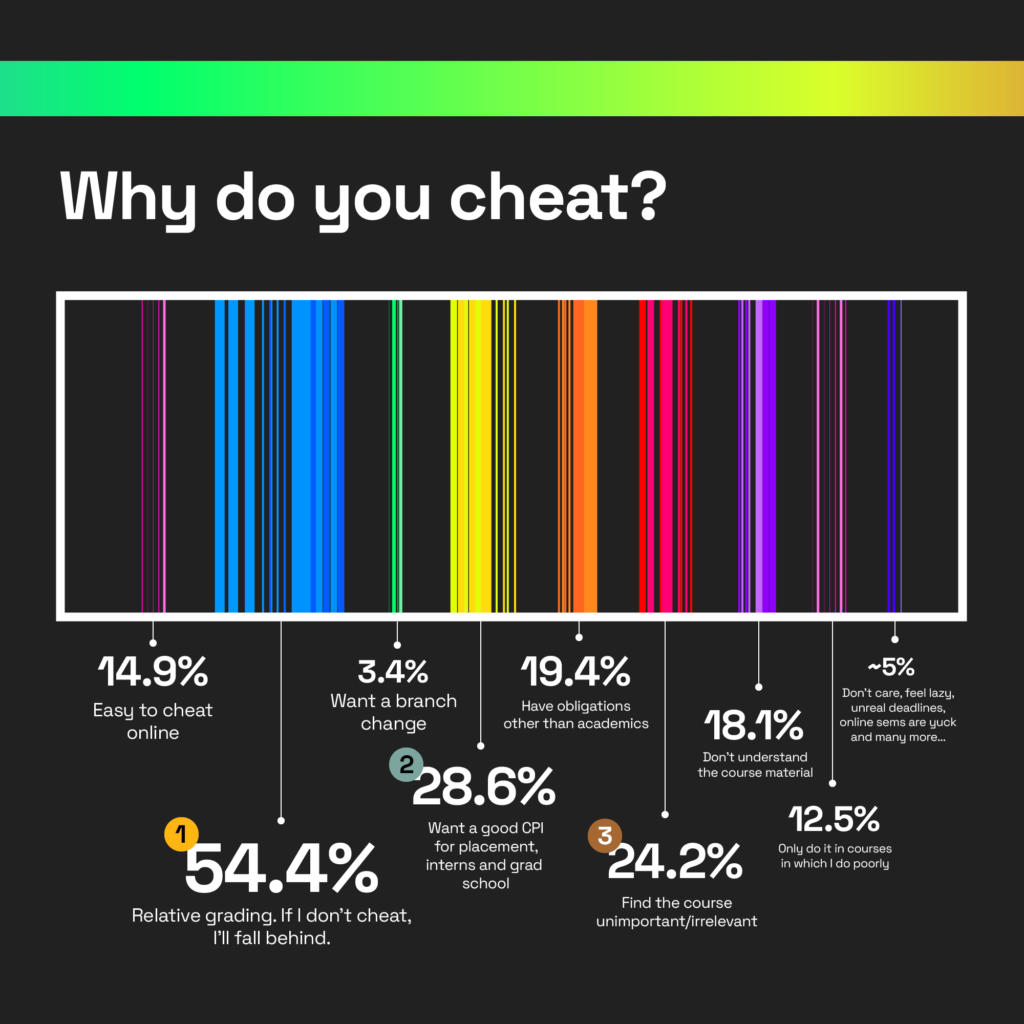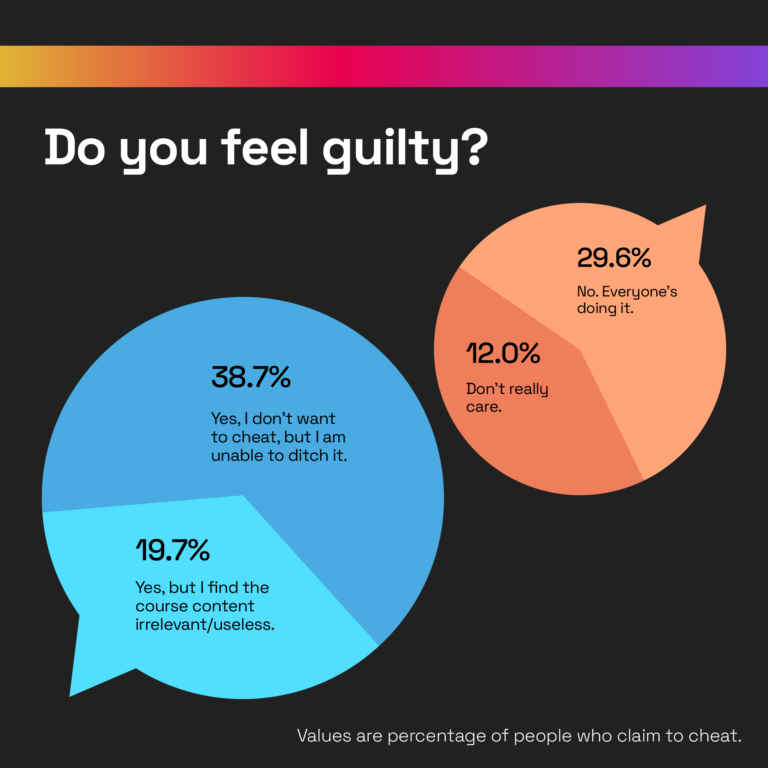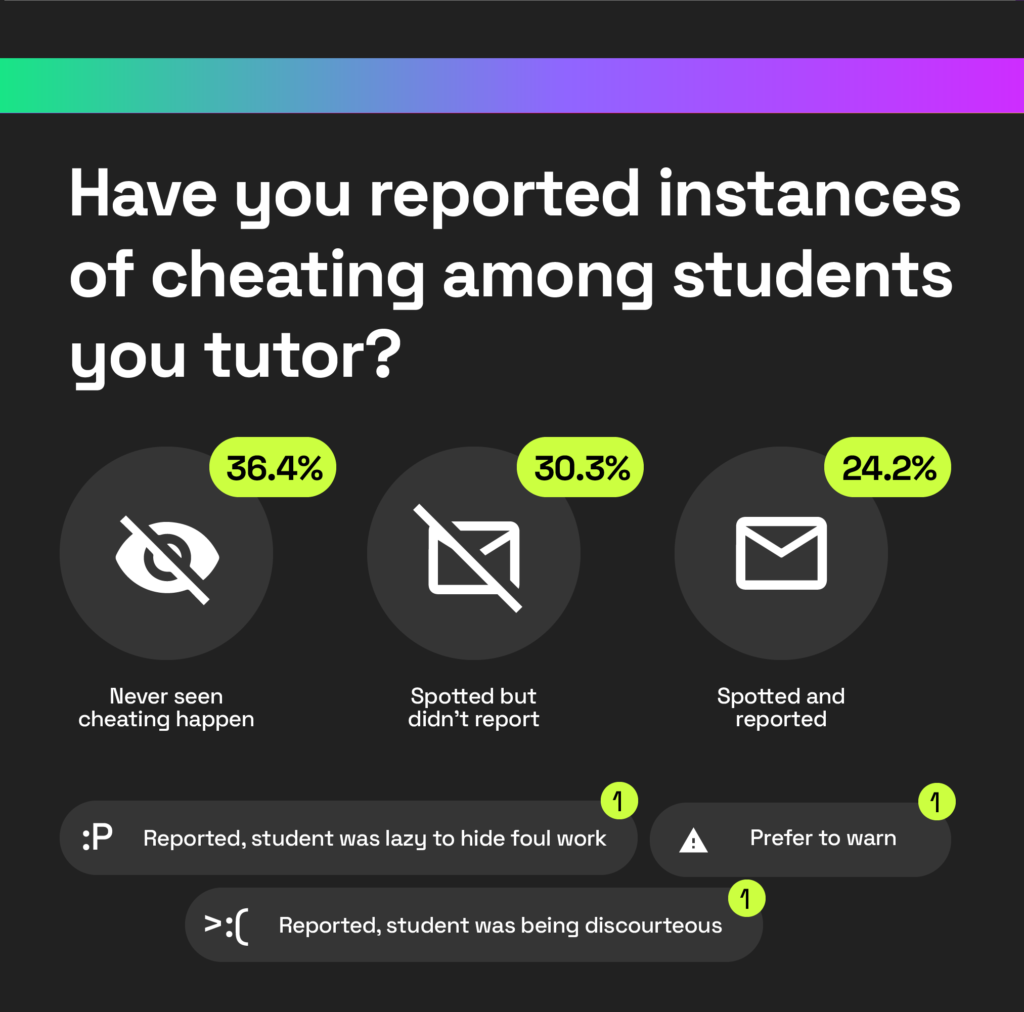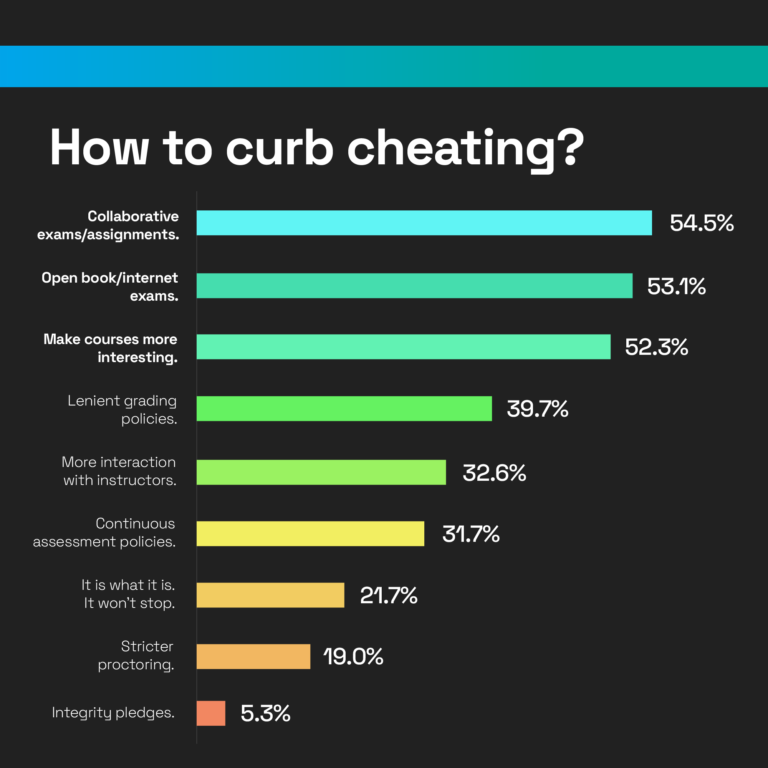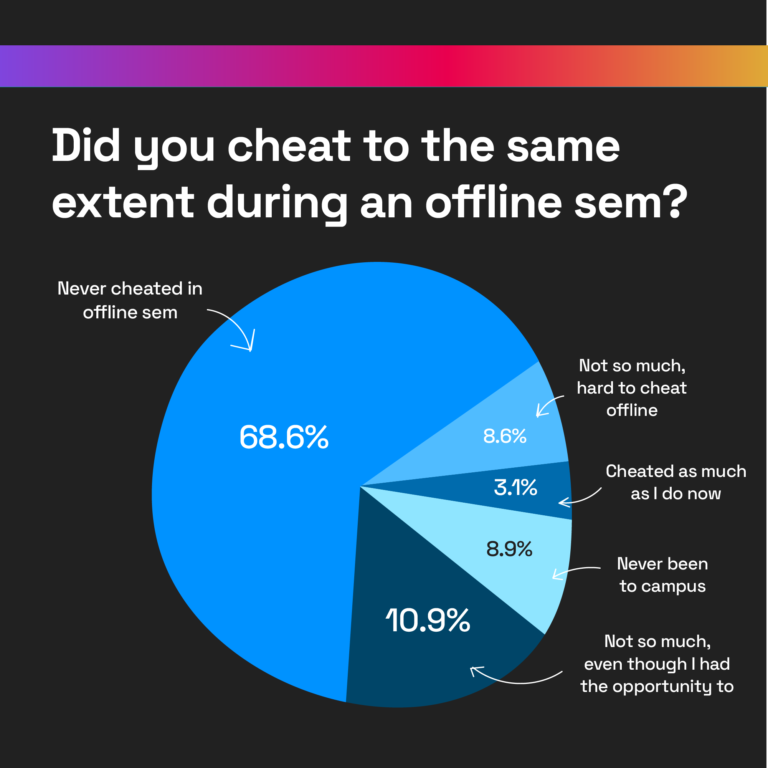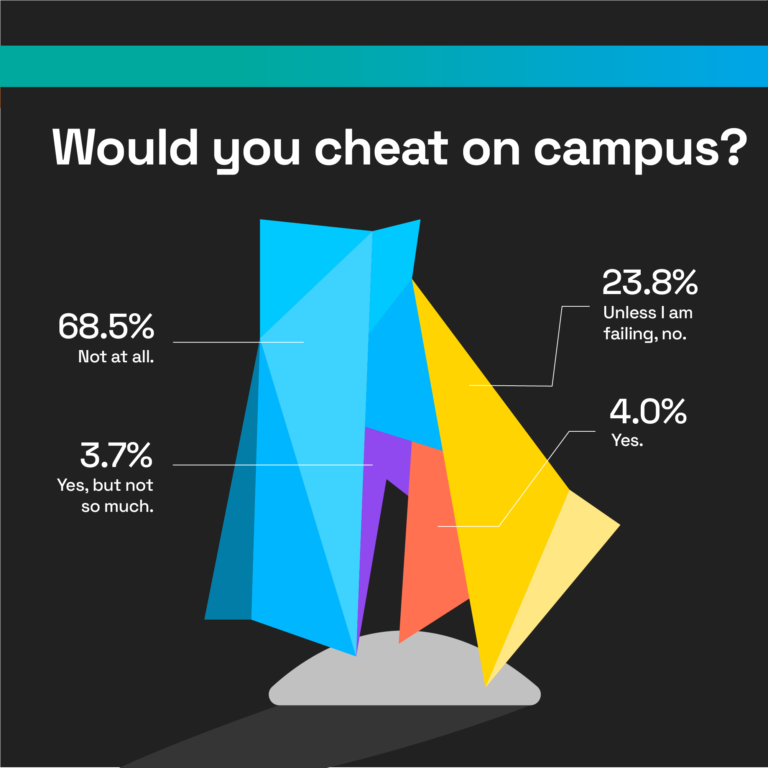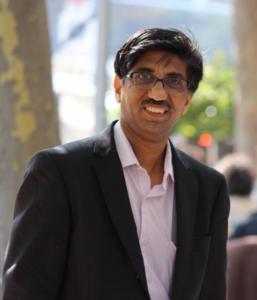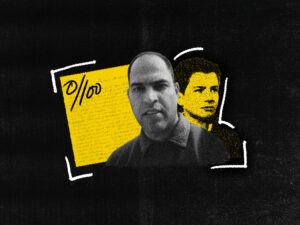In July ‘21, our team conducted an anonymous survey (forwarded on the students’ list) to dive deep into the issue of cheating and plagiarism in exams. The survey received 629 responses, with about 40% Y20 respondents, 21% Y19 respondents and 15% Y18 respondents, among others. To present a balanced perspective on the issue, we talked to 9 professors about cheating, their views and policies. Here are the findings from the survey and our conversations with professors-
How and Where are Students Cheating?
The survey results say it loud and clear- most respondents have been involved in one or the other form of cheating! However, the means and motivation behind cheating varied. Most respondents claimed that they cheat only in specific courses that they find difficult or uninteresting.
Moreover, according to our survey, cheating is relatively less prevalent among postgraduate and PhD students than undergraduate students. Moreover, while postgraduate students mostly seem to cheat in assignments and projects, UG students cheat primarily in semester exams and minor exams(such as quizzes).
We also asked our respondents about the method of cheating. We find that among those involved in cheating, 80% of respondents discuss with friends, 70% refer to notes or slides of the course during a closed book exam and 55% refer to online resources.
Interestingly, we also found that of the 33 TAs/tutors who responded to our survey, about 20% of them said that they have unfairly helped the students they tutor at least once.
Why Do Students Cheat?
Students’ Side
When we asked our respondents about their motivation to cheat, a massive 54.4% respondents said that they cheat because they fear being left behind due to relative grading, since a large number of their classmates are cheating as well. Other popular motivations were to get a better CPI and the lack of utility of the course in their career goals. A noteworthy 19.4% respondents said that they cheat because other obligations and circumstances have made it difficult to focus on academics. The response patterns remained similar across batches, except that a significant share of UG Y20 respondents cheated because they aspired to change their branch.
When asked if they feel guilty about cheating, the response was rather distributed! While about a quarter of the respondents felt guilty but couldn’t let go of cheating as a habit, about 20% found cheating acceptable in the given circumstances. Another 13% said they did feel guilty, but they found the course content irrelevant anyway.
On the other hand, when asked if our respondents would report cheating, the responses were highly skewed! 60% respondents said they’d not report any instance of cheating, while about 19% said they’d report it only if it is a major violation. Similar but less skewed trends were seen among TAs and tutors; About 30% respondent TAs said they did not report cheating instances despite spotting students.
Professors’ Take
Nearly all the professors who talked to Vox said that the root cause of cheating is our education system, which gives little incentive on learning but more on grades. “We are so grade-centric that learning has gone out of focus. If learning was my main motive, why would I cheat?” said Professor Harshvardhan Wanare from the Physics Department.
“Failure is not perceived as normal in our world, while success is. If success is the goal, the shortest route is bound to attract some. So, one should not be surprised if some people found that opportunity in the online Semester,” said Prof. Achla Raina, the Dean of Academic Affairs.
Professor Amitabha Bandyopadhyay called cheating an ‘act of desperation’, which has only ‘normalised to the extent that it does not induce guilt.’ Prof. Harshavardhan and Prof. YN Mohapatra went on to call cheating an ‘Asian Problem’ (too few opportunities and too many people). Prof. YN Mohapatra also mentioned that the greed for opportunities and the premonition that “everyone else is cheating” further incentivised cheating.
Measures Against Cheating- What’s Working & What Isn’t?
Students’ Take
Our survey asked students to identify the measures they think were most effective against cheating. The most popular options were having group assignments and exams, open-book/ open-internet tests and making course lectures more interesting- each of these was chosen by more than half of our respondents. Other popular options were: continuous assessment policies, lenient grading policies and increased interaction with tutors and instructors.
Interestingly, only 19% of respondents think that strict proctoring and invigilation is effective against cheating! Also, a fifth of our respondents took the view that no measures can reduce cheating. Other subjective suggestions included taking oral viva exams, avoiding objective questions and making classes more interactive.
Professors’ Take
Four professors who talked to Vox (Prof. Amitabha Bandopadhyay, Prof. Jonaki Sen, Prof. Harshwardhan Wanare and Prof. Dheeraj Sanghi) said that, if the class size allows, they’d prefer evaluating students based on vivas and post-lab interviews to gauge clarity in the subject.
Prof. Nisheeth said that he never had weightage for attendance in his offline classes but had tweaked the policy during the online semester. He said, “During the online sem, some people attend classes from villages, with poor internet connection. I, in the comforts of city life, can not comment on their situation. Hence, I tweaked my policy here. The least I can expect from the students is that they attend the lectures. Over my blabbering voice, there is bound to be something that they understand, even if they listen distractedly. “
He also argues for a much liberal policy for specialised courses, but not for an IC course. ”While taking the ESC101 course last year, which recruiters look upon as a measure of the basic coding knowledge, I didn’t promote collaboration among students. However, for specialised courses, which are taken up by students who are interested in learning the course content and are not directly relevant to recruiters, I’ve permitted collaboration among students. In this way, the students will have to study something and contribute in a group,” said Prof. Nisheeth.
Prof.Dheeraj Sanghi also suggested offline regional exam centres for better-proctoring facilities.
Spillover & Effect on the Offline Semester
Students’ Take
When we asked non-Y20 respondents if they cheated to the same extent in the offline semester, only 3.1% respondents said they cheated as much as they do now! More than two-thirds of the respondents had never cheated in an offline semester.
Additionally, we asked students from all batches if they would cheat when we go back to the offline semester. To this, a massive 65% respondents said they wouldn’t cheat at all, and an additional 23% said they wouldn’t cheat unless in a desperate situation like failing. The response distribution was similar for both Y20 and non-Y20 batches.
Professors’ Take
Most professors believe that plagiarism and cheating have become much more widespread in the online semesters not because the mentality to cheat has changed but because it is easier to cheat now.
“In an online semester, things might have been lax, and thus it has been easier to cheat. In offline mode, we have an army of invigilators, and we take strict measures against it,” said Prof Bandyopadhyay.
Professor Braj Bhushan told Vox that plagiarism had survived through different modes, whether offline or online. “Those who are not able to exhibit better self-control are likely to repeat these actions irrespective of whether one is handling the situation online or offline,” he added. Professor YN Mohapatra voiced similar sentiments, “Most of the students are sitting on the fence. Their decision to cheat or not is determined by their friends and how strict the rules are.”
Several professors connected the psychology of cheating with what is at stake. Professor Harshwardhan Wanare explained with an example, “the thing at stake when you do something wrong on foreign soil is your Visa, and no one wants to hamper their career prospects for a few marks. Thus the same student when they go to a different nation, we see a different being. A much better version of them.”
Prof. Bandhyopadhyay raised concerns, in particular about the freshmen who have not had an offline semester ever- “Your understanding and analytical growth will be stunted. You will not be as efficient as your seniors in the offline semester. Again, the shift from online to offline will negatively impact anyone who hasn’t taken academics seriously.”
Prof. Achla Raina, the Dean of Academic Affairs, talked about the silver lining, “in the online semester, we have experimented with novel means of evaluation and assessment, some of which have worked extremely well. You will see many of these continue in the offline semesters!”
Professors’ Wisdom & The Way Ahead
Prof Nisheeth compares the mindset of IITs to that of the prison system, in contrast to that of an army camp. He says, “there are instances where the students themselves complain about the incidents of cheating and are disturbed that it is happening, but at the same time do not wish to name the students involved. It is like a prison system! The prisoners complain about their problems to the jailer, but they do not want to take up the responsibility to make those changes. They leave it up to the jailers, the administration in this case, to make changes. This is in contrast to an army camp, where a soldier not performing up to the mark is seen as the failure of the entire contingent. So the soldiers take it up to them to help their fellow mates perform well and train harder. ”
Meanwhile, Prof Harshawardhan offers a Panchatantra analogy, “the problem with our educational system is that we seek assessment before understanding. Before a firm grasp of knowledge is established, we uproot the plant to gauge and evaluate its progress, forgetting that doing so inhibits the very growth we desire. There are, presently, more exams than learning goals. Exams are not part of learning, and we need to understand that.”
He goes on to assert, “as a system, we professors are equally responsible. But sanctioning collective cheating in the garb of the pandemic? No, I can not accept that. In fact, this is the peer talk which everyone should be having.”
“One might think that this may happen only once, but you will have to live with it. If you do it once, you will do it for the rest of your life. You will be on the lookout for such connections to find an easy path in the future. This needs to be stopped right at the start. If we’re not stopping you from doing it then, we’re training you poorly,” believes Prof Harshawardhan.
Prof. Amitabha Bandhopadhyay and Prof. Jonaki Sen asked students to ‘learn the subject for their own good.’ Prof YN Mohapatra goes on to add, “the value of inner life is not understood in this age. Finally, the joy of having done a job well comes not just from being good at it but also from having done it honestly!”
When asked if she had a message for the students, the Dean of Academic Affairs, Prof. Achla Raina said, “Don’t do anything that you might be ashamed of later!”
Writing – Sanika Gumaste, Lavanya Ingle, Dev Barbhaya, Pradeep Suresh, Anushka Panda, Gauri Menon
Editor- Abhimanyu Sethia
Graphics- Vijay Bharadwaj




